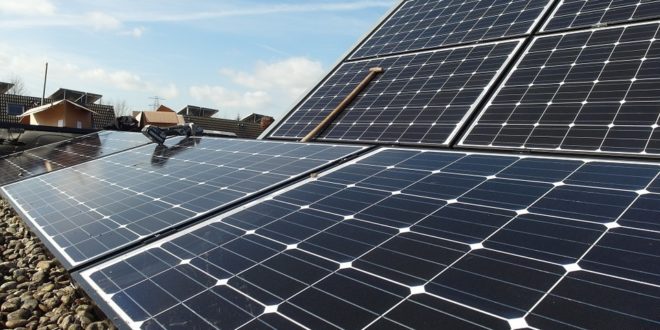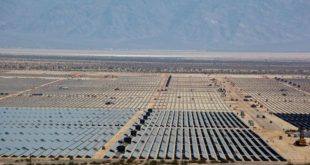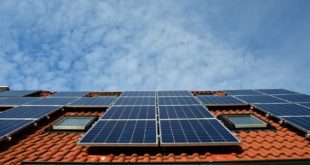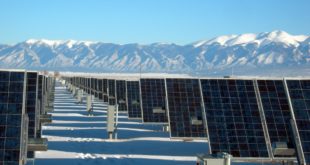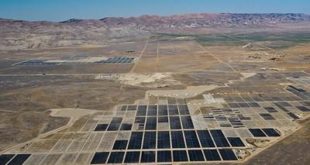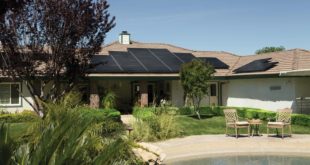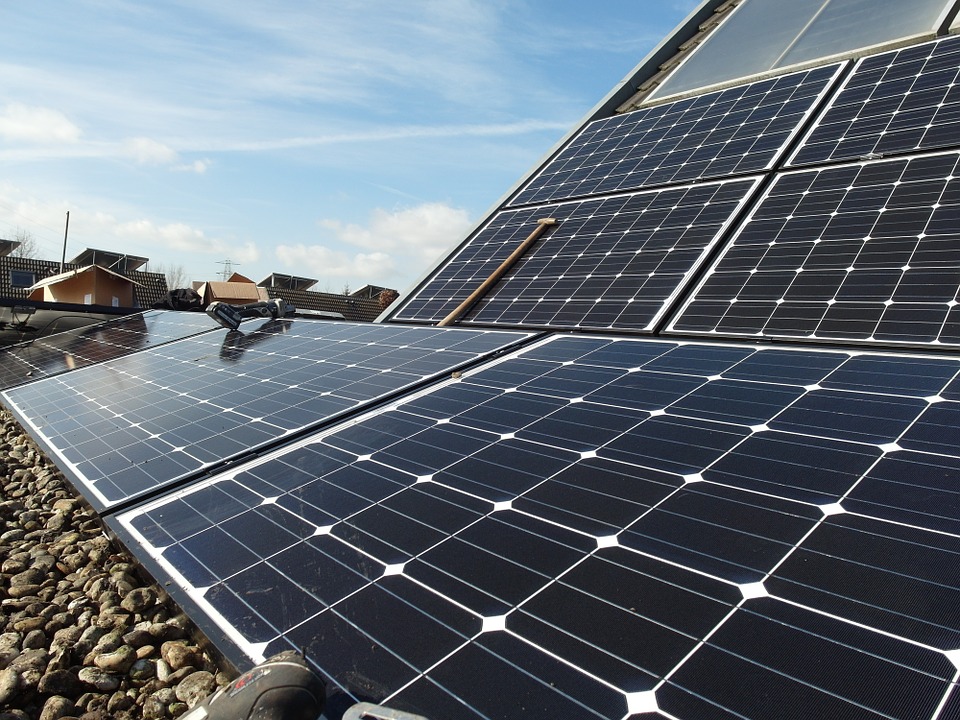
Although mainstream usage of solar panels used to be limited to the modern pocket calculator, the technology has advanced enough to accommodate the needs of today’s homeowner. While the current generation of panels may be quite affordable and efficient, there are a number of crucial decisions to be made before committing to a home renovation project of this scope and scale. Here are seven of them.
- Is Your Home or Yard Good for Solar?
The first step in deciding on a solar panel installation is to make sure your home and yard are favorable to such equipment. Damaged or neglected roofs should first be repaired or replaced if you plan to install the system on the top of your house. Considering that industry experts recommend a roof slope between 10 and 30 degrees, some roofs might require a complete overhaul.
You’ll also want to make sure your yard is able to properly harness the sun’s energy. If your property contains trees that provide a lot of coverage and shade, you might need to contact a tree removal service before beginning your solar panel installation.
- How Does Solar Power Work?
The process of collecting the sun’s UV rays and converting them into energy isn’t as complicated as it seems, especially when the process is done through modern solar panels. After collecting and storing these photons, the system transforms them into electrons and eventually into an alternating current (AC) infrastructure that we can use throughout our homes.
A net energy meter, which is included with any professional installation, is there to monitor the amount of energy your system generates. Excess energy is diverted back into the common electrical grid of our nation’s power supply.
- What Type of Solar Panel Is Best?
Consumer-grade solar panels typically come in one of three varieties: monocrystalline, polycrystalline and thin film. There are advantages and drawbacks with each type, and some are better suited for certain environments than others.
Monocrystalline panels are typically the most efficient when it comes to collecting and converting energy, and they usually have the longest expected lifespan. Polycrystalline, on the other hand, are far less expensive.
Although thin film is not realistic for most residential installations, their high level of accessibility and relatively low cost does make this an attractive option. However, considering the decreased efficiency of thin film compared to the other options, these are primarily used in large-scale commercial and industrial projects.
- Why Should You Leave It to the Professionals?
Like with any major home renovation or improvement project, the process of installing solar panels and the supporting hardware is best left to the professionals. If you don’t know how to install electrical systems or properly protect conduits, you risk electrical hazards, like fires. Not only do they have access to the correct tools as well as the knowledge needed to use them safely, but they’re familiar with the nuances of the installation processes and the tricks that will make the job much easier.
- What Kind of Warranty Do You Need?
Most solar panels have separate warranties for the performance of the system as well as the actual equipment. While warranties can vary from manufacturer to manufacturer, a 25-year warranty is not uncommon.
- How Much Will Installation Cost?
The cost of an average solar power installation fluctuates greatly between cities, states and even municipalities. Generally speaking, most projects cost around $8 per watt, or approximately $30,000 for a system capable of generating five kilowatts.
However, this price can be reduced through a number of means. Local installers and distributors often provide their own discounts, but there are also state and federal tax incentives for homeowners who upgrade their property with a solar panel installation.
Taxpaying homeowners can claim up to 30 percent of their installation expenses for any projects completed before 12/31/2019, 26 percent for systems established between 12/31/2019 and 1/1/2021 and 22 percent for those installed between 12/31/2020 and 1/1/2022.
- Does Your City Require Solar Permits?
Many cities around the nation have implemented a stringent permitting process. Based on the size and scope of your solar panel installation as well as your geographic location, a permit may or may not be necessary.
Proponents of solar energy are fighting to have the permit requirements softened, which would provide increased accessibility to solar and other alternative forms of energy. The National Solar Permitting Database currently serves as a comprehensive resource when it comes to finding solar permit information for your specific city or locale.
Keeping Future Breakthroughs in Mind
We may not be able to predict the future, but it’s safe to say that we haven’t seen the final iteration of the modern solar panel.
While the factors to consider when going solar can be overwhelming, you shouldn’t let this curb your interest in the industry or change your mind about having your own home system installed. Also, if possible, try to leave room for future panel additions and upgraded hardware — you might find the extra space comes in handy 10 or 20 years down the line.
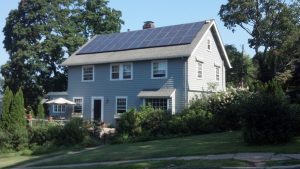
 Alternative Energy HQ solar power for homes, wind energy, and bio fuel issues
Alternative Energy HQ solar power for homes, wind energy, and bio fuel issues
